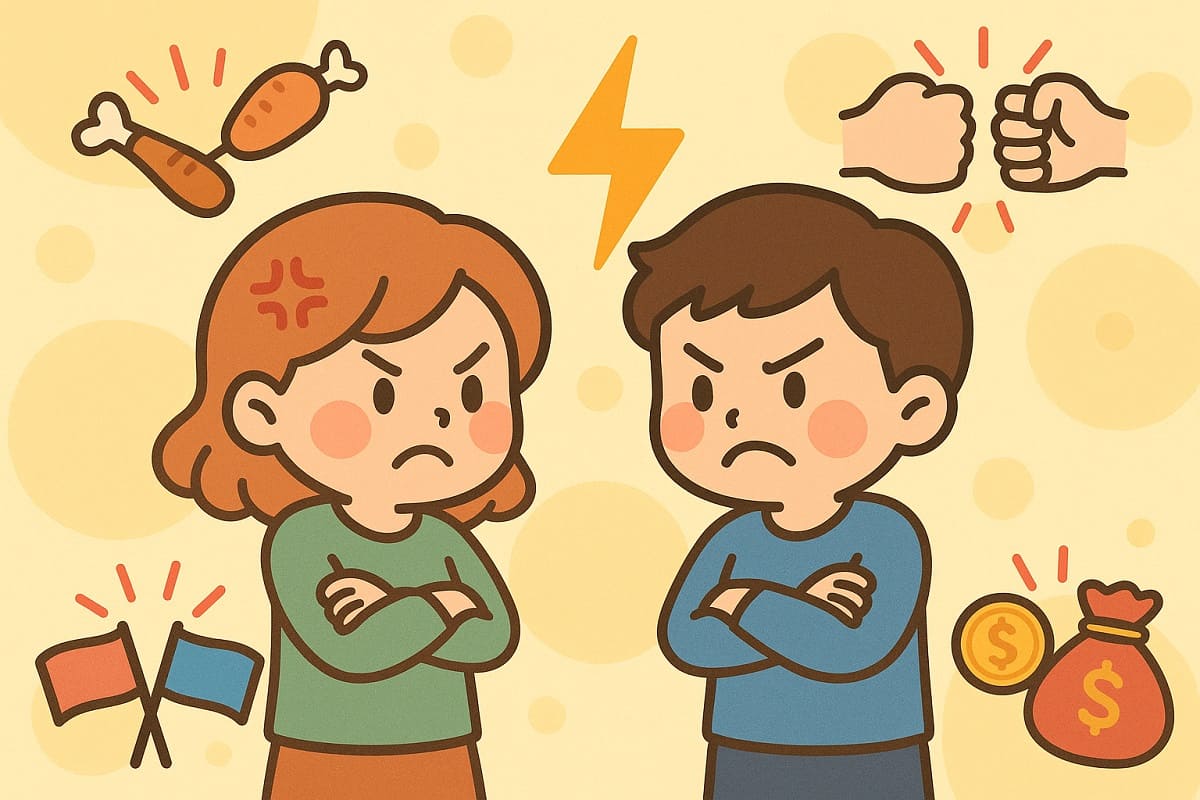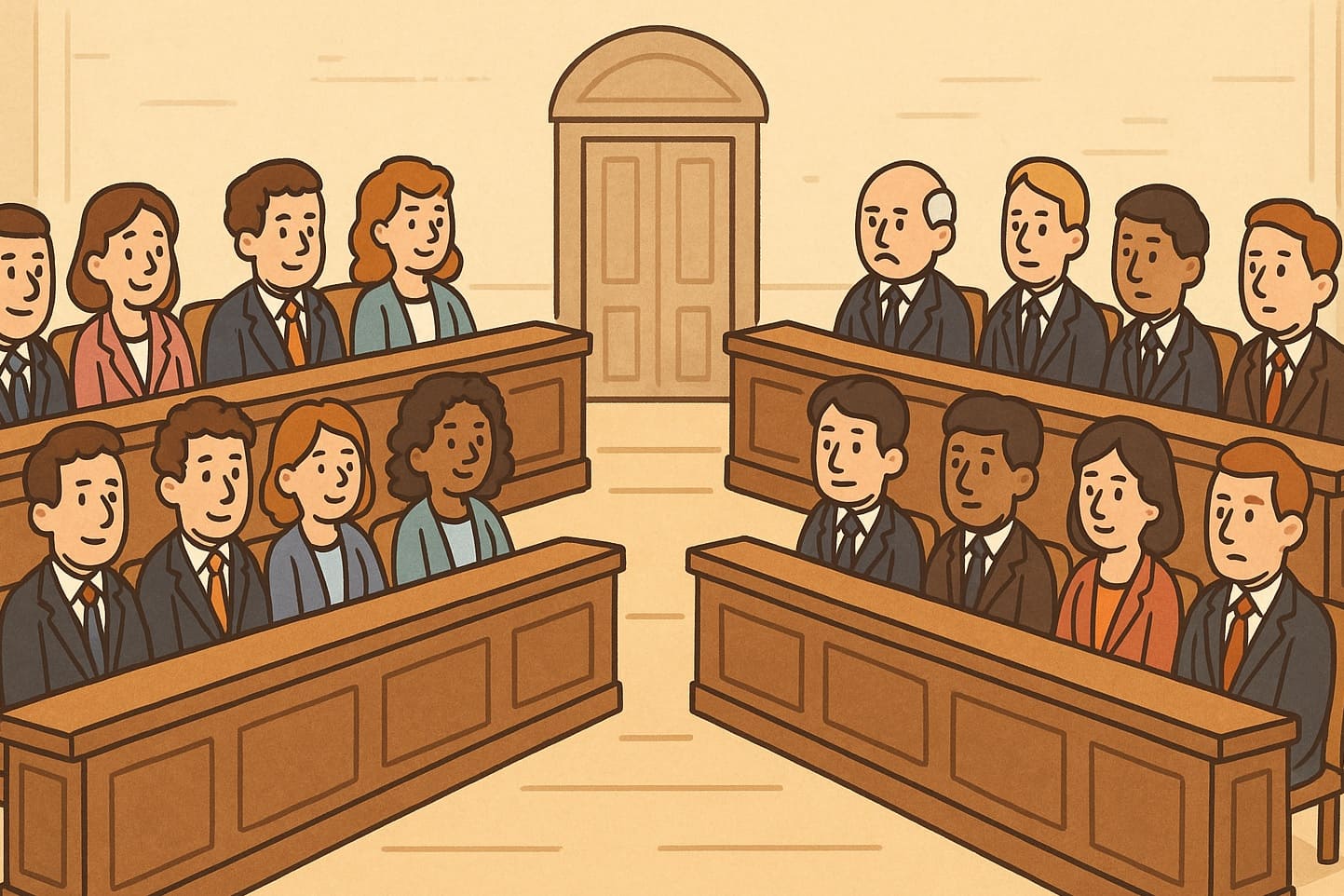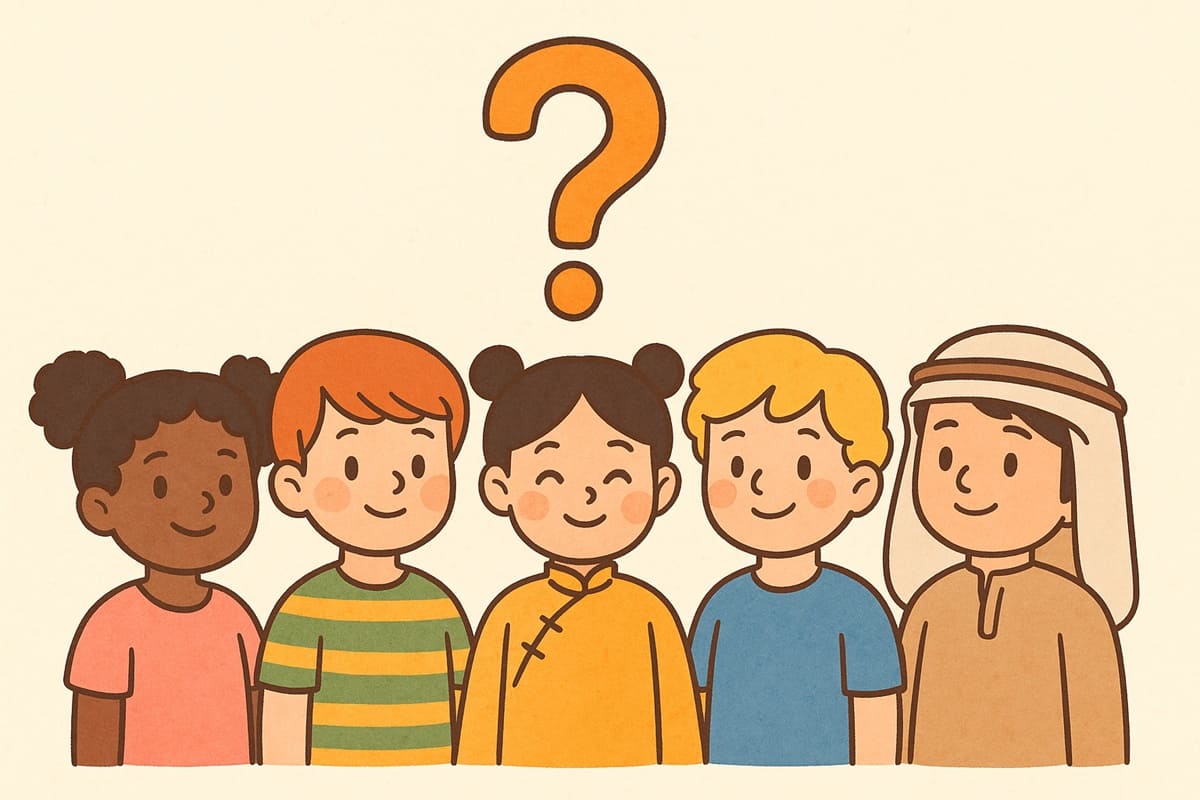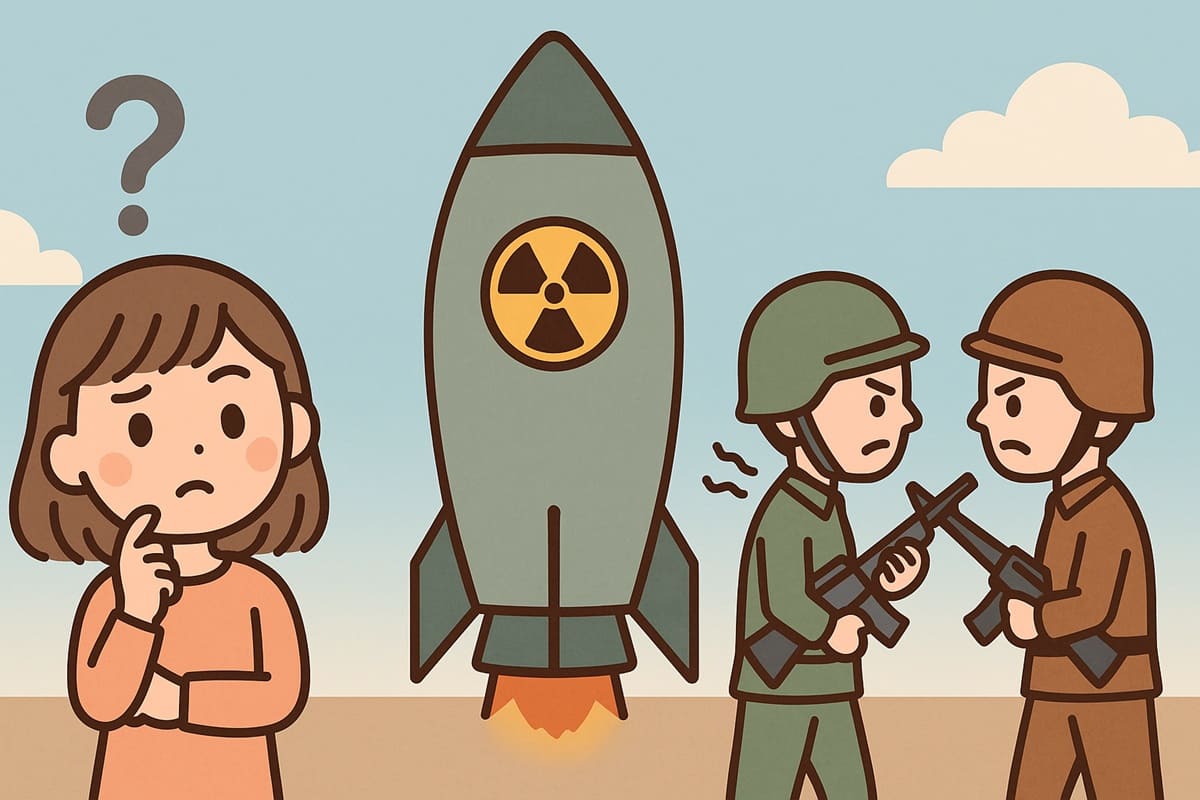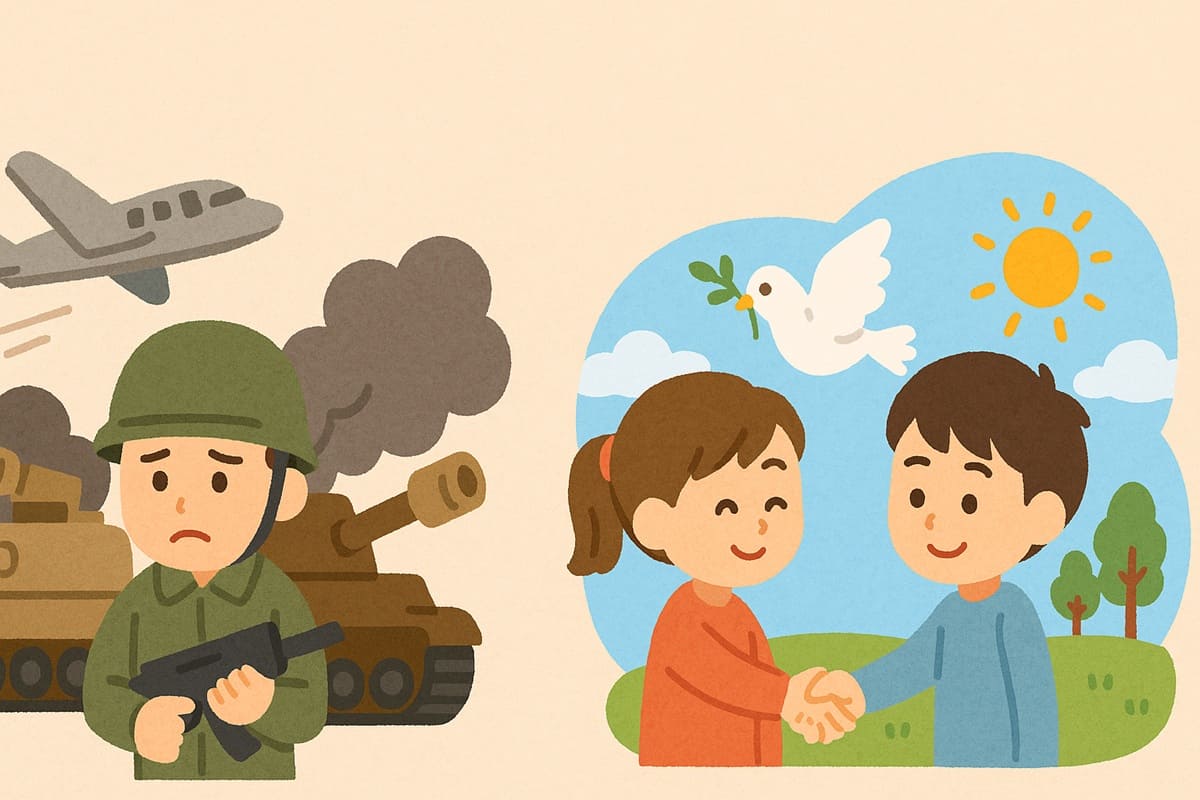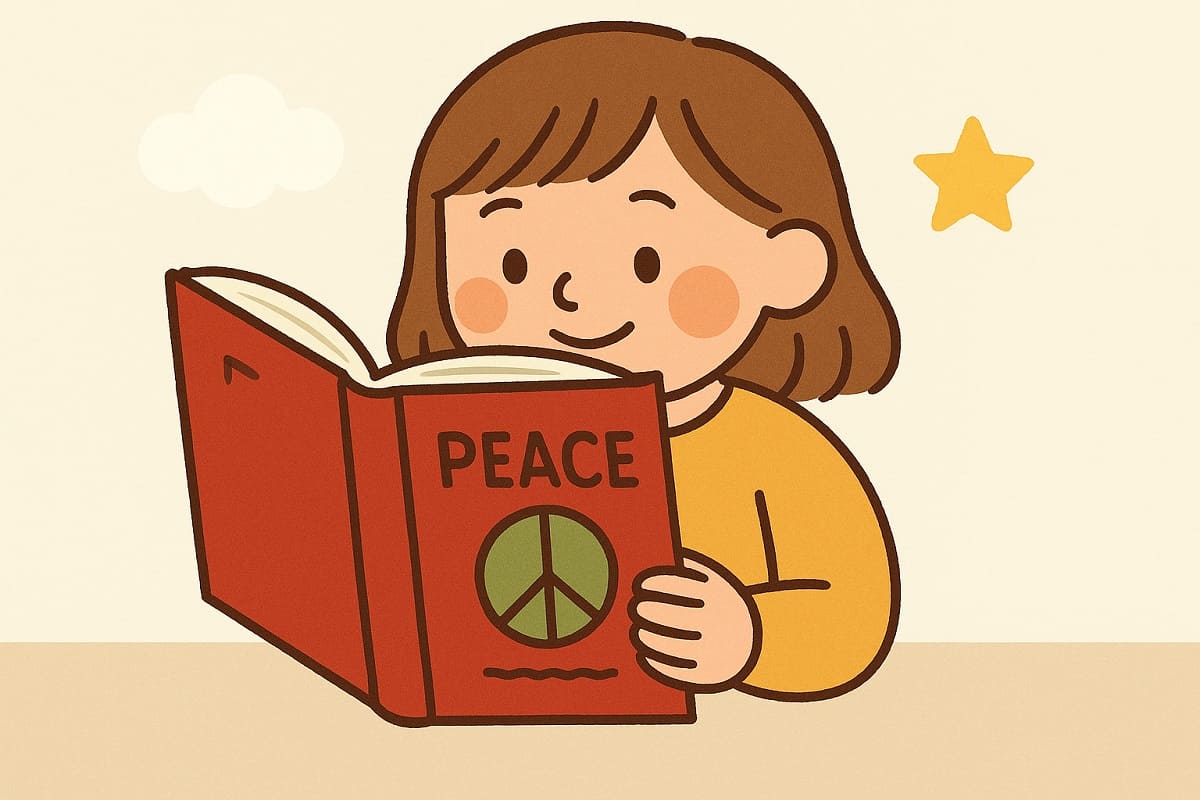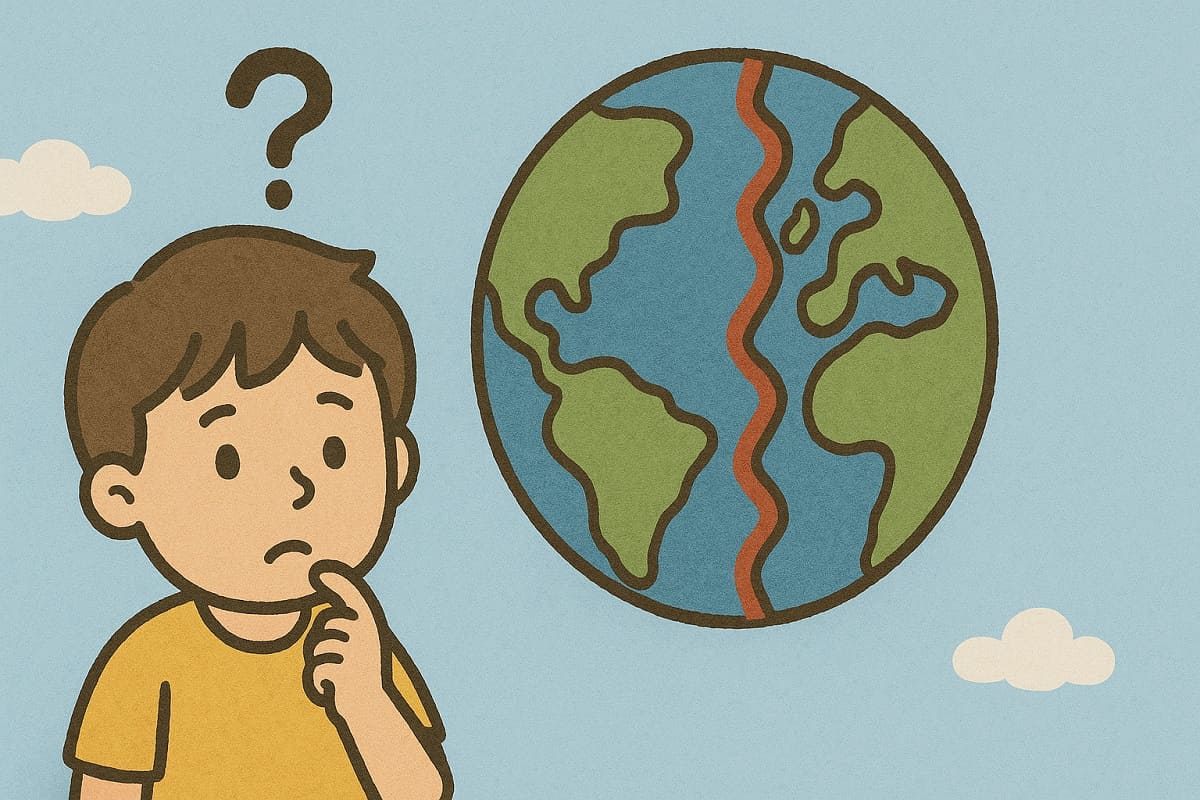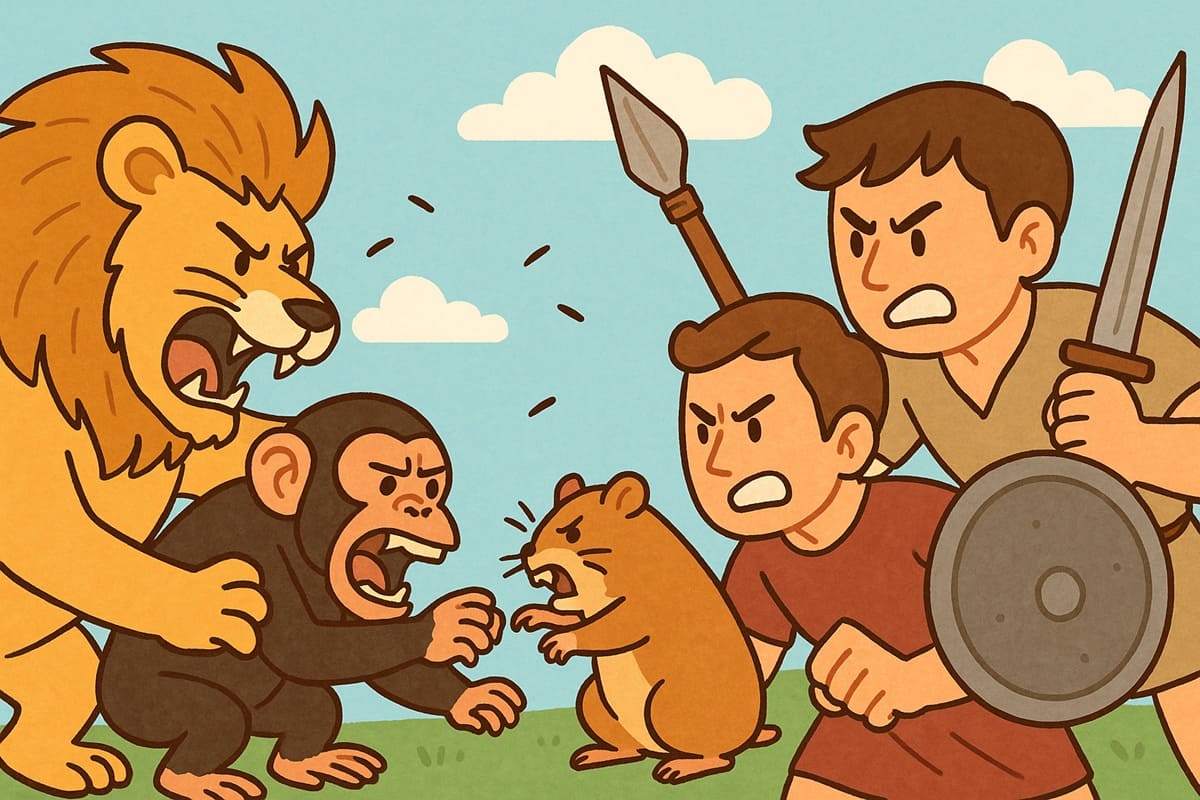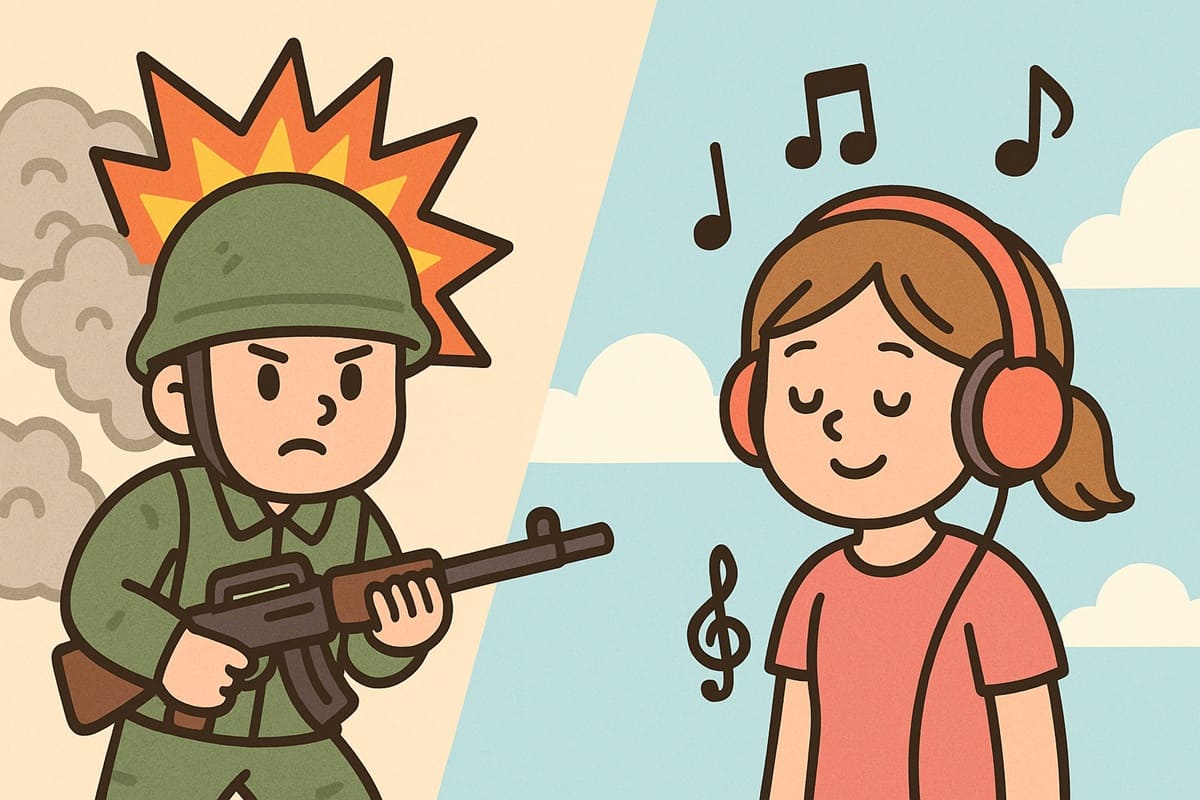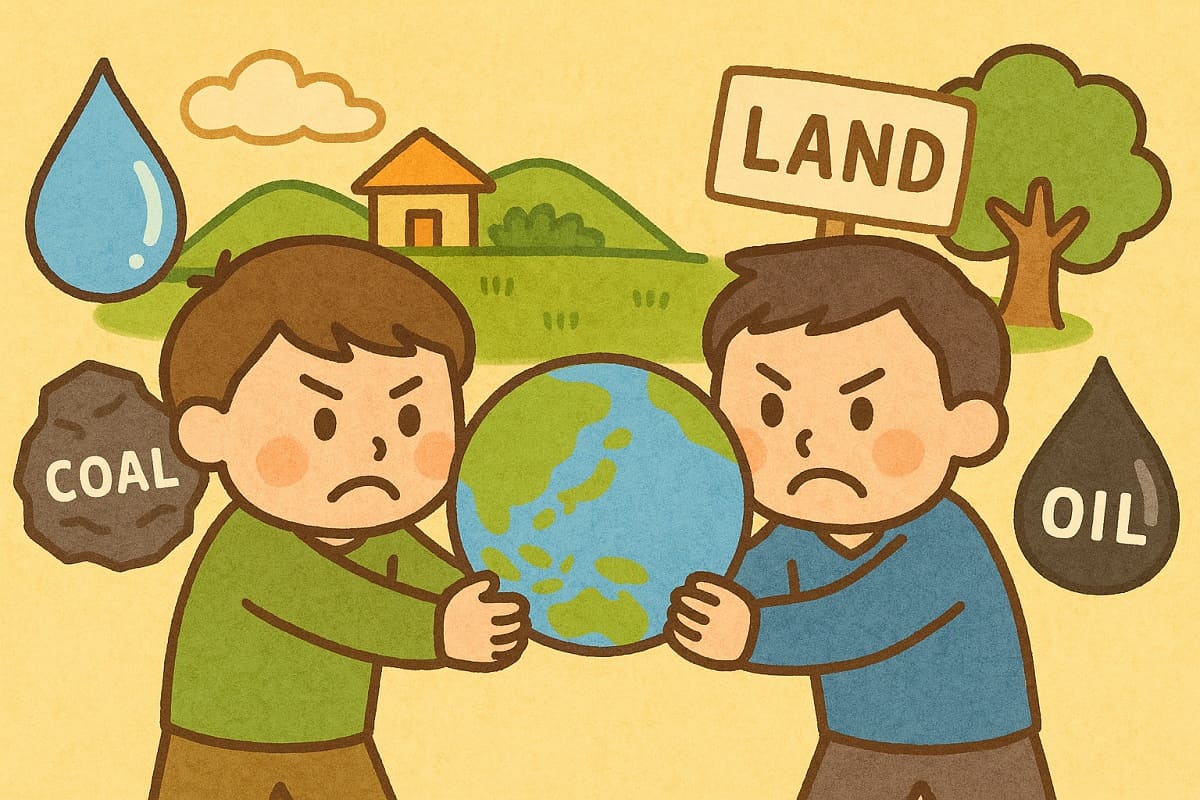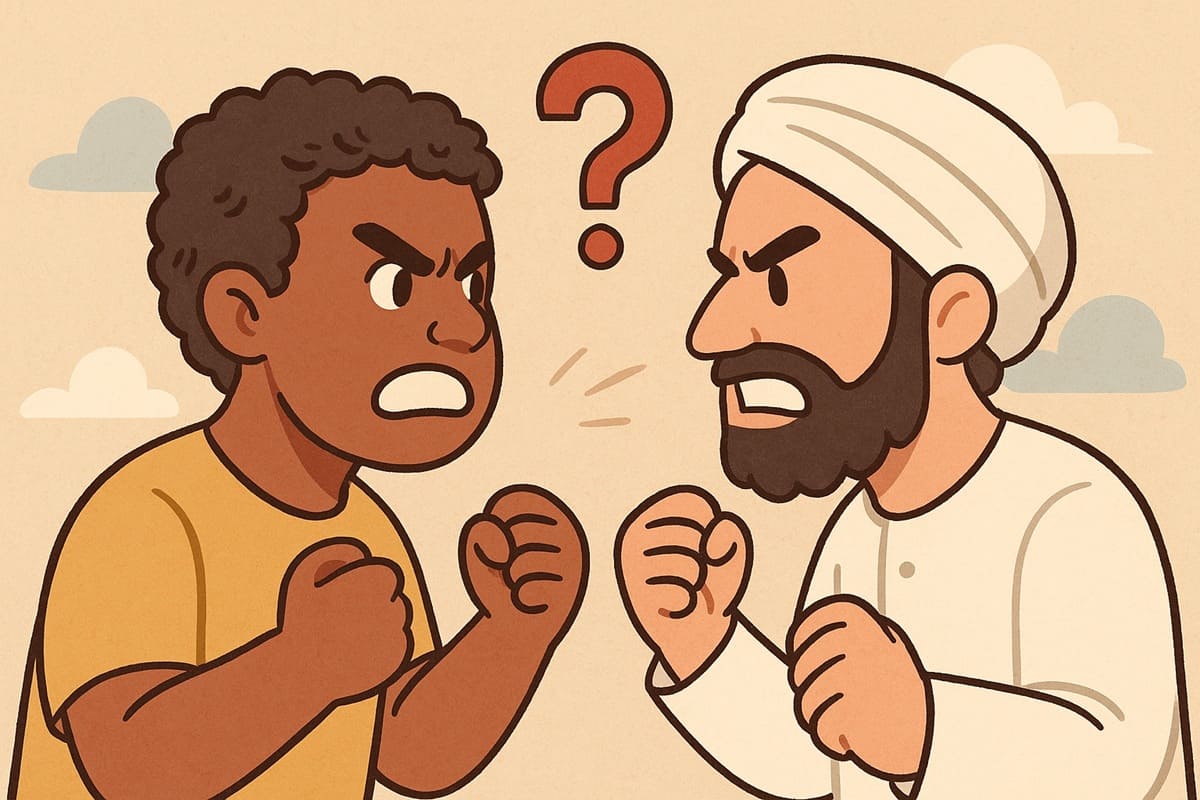What Does It Mean to Die? Learning the Importance of Facing Death
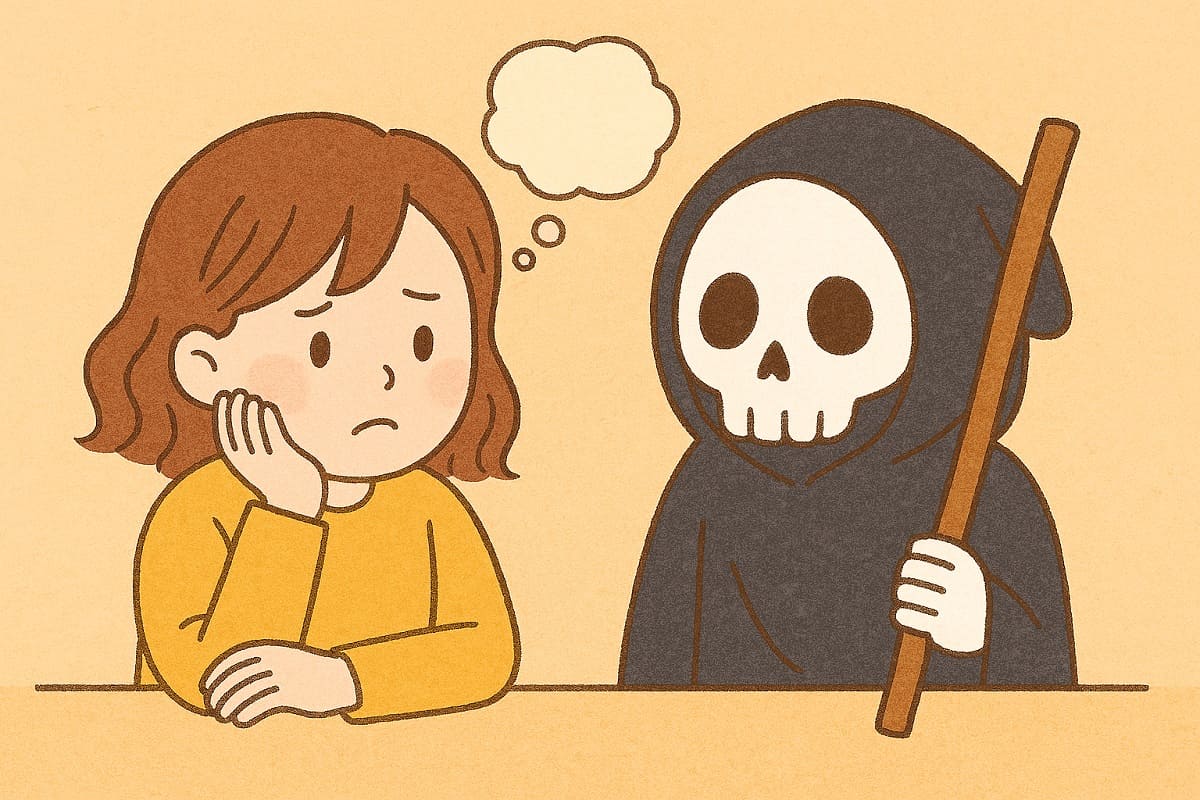
Have you ever wondered, “What does it mean to die?”
“It’s scary,” “I don’t want to think about it,” or “I don’t really understand it”—these are probably common feelings many people have. Indeed, death is hard to imagine. It can come at any time, and once it happens, we can’t come back.
However, the fact that everyone will eventually die is unchangeable. That’s exactly why the way we face “death” is deeply connected to how we choose to “live.”
In this article, let’s explore the question “What is death?” through perspectives from psychology and philosophy, and reflect on the process by which people come to accept death.
Death Comes to Everyone
So first, what exactly is death? Medically, death is defined as the complete cessation of vital functions—breathing, heart activity, and brain activity.
And here’s something very important: death is inevitable. No matter how young or healthy someone is, one day, their life will end. This is a universal truth for all living things, not just humans.
Yet, most of us try not to think too much about death. Why is that?
Why Don’t We Want to Think About Death?
In psychology, there’s a theory called “Terror Management Theory.” It suggests that people, driven by the fear of death, unconsciously push thoughts of death away.
Thinking about death too much causes anxiety. That’s why we often immerse ourselves in work, school, hobbies, and socializing—to stay focused on daily life and avoid confronting death.
What Does It Mean to Accept Death?
Imagine being told, “You only have six months to live.” How would you feel?
Most people would probably be in shock at first. Then come waves of anger, sorrow, and fear.
Swiss psychiatrist Elisabeth Kübler-Ross described five stages that people often go through when they are coming to terms with a terminal illness or imminent death:
1. Denial
“I can’t believe I’m going to die.” A person cannot accept the reality of their situation.
This is a natural psychological defense mechanism. Confusion and disbelief are common.
Temporarily turning away from reality gives the mind time to prepare.
2. Anger
Gradually, feelings like “Why is this happening to me?” grow stronger.
Anger may be directed at family, doctors, God, or fate.
Though difficult for others, expressing these emotions is important for the person themselves.
3. Bargaining
“If I can just get better, I’ll do anything…” The person tries to make deals with a higher power.
They may pray for healing or believe good deeds might help avoid death.
This reflects a desire to regain some sense of control.
4. Depression
Hope begins to fade, and the person sinks into deep sorrow, thinking, “I’m going to die anyway…”
They may cry constantly, mourning the life they’re leaving and the people they love.
Painful as it is, this stage is often where true acceptance begins.
5. Acceptance
At last, the person finds peace and begins to accept death as a natural part of life.
Anger and sadness fade, and they focus on making the most of the time they have left.
Some calmly prepare for farewells and take the opportunity to say “thank you” to loved ones.
Of course, not everyone experiences these stages in this exact order. People move back and forth between them, gradually finding their own way of accepting death.
What Do Religion and Philosophy Say About Death?
Many religions teach that death is not an end, but a new beginning.
For example:
- In Christianity, people go to heaven after death.
- In Buddhism, the soul is reborn through the cycle of reincarnation.
- In Islam, there is also a concept of an afterlife.
These beliefs help people see death not as something terrifying, but as a transition to something beyond.
In philosophy as well, how we face death is a major theme. The ancient Greek philosopher Socrates once said, “Death is not a bad thing. It may be the moment the soul becomes free.”
In Buddhism, there’s the idea of impermanence—that everything eventually ends. Death is not viewed as special, but rather as part of the natural flow of life.
Being Aware of Death Makes Life More Meaningful
Have you ever heard the saying, “Thinking about death makes us appreciate life”?
It’s true—many of us take tomorrow for granted. But if we remember that life is finite, we start to ask ourselves, “How should I spend today?”
Some studies even show that thinking about one’s own death can lead to a greater sense of meaning and value in life.
In this way, understanding death becomes a source of strength to live fully.
Conclusion
Death is a heavy and frightening topic. But to think seriously about how we want to live, it is essential to also face death.
Everyone dies someday. Precisely because of that, we should reflect on how we live each day and what—and who—is truly important to us.
Main References
Becker, E. (1973). The denial of death. Free Press.
Kübler-Ross, E. (1969). On death and dying. Macmillan.
Pyszczynski, T., Greenberg, J., & Solomon, S. (2015). The worm at the core: On the role of death in life. Random House.
Wong, P. T. P., & Tomer, A. (2011). Beyond terror and denial: The positive psychology of death acceptance. Death Studies, 35(2), 99–106.
Yalom, I. D. (2008). Staring at the sun: Overcoming the terror of death. Jossey-Bass.
